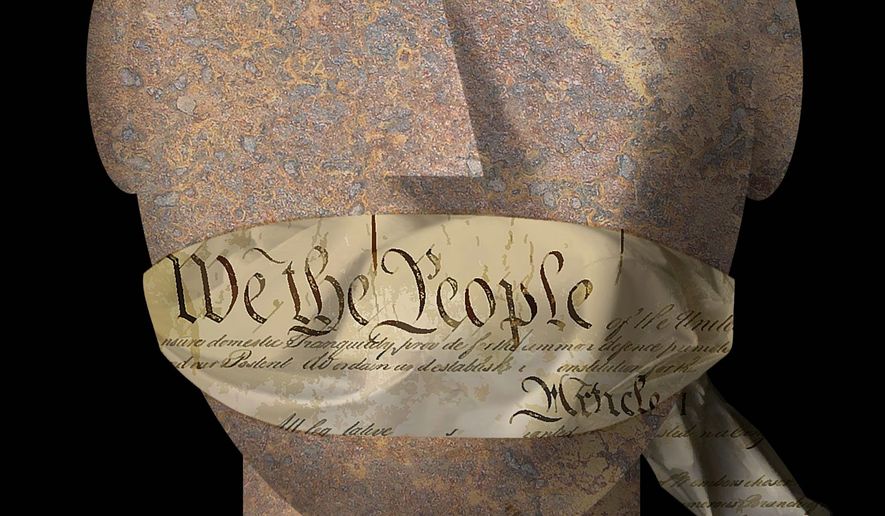A First Amendment lawsuit filed in federal court Tuesday accuses the University of California, San Diego, of unconstitutionally defunding campus publications last year in order to silence a satirical student newspaper that school officials had labeled “profoundly repugnant.”
Attorneys with the American Civil Liberties Union of San Diego and Imperial Counties filed the 20-page complaint in the Southern District of California on behalf of The Koala, a long-running campus newspaper that had been forced to bankroll its own operations after the UCSD student government voted in November to eliminate funding for all student print media.
The UCSD Associated Students Council voted to stop funding all student media organizations on Nov. 18, 2015, two days after The Koala published a 278-word satirical article mocking campus “safe spaces” and “trigger warnings.” In the interim, Chancellor Pradeep K. Khosla and other high-ranking school officials released a statement that denounced the publications and labeled it “profoundly repugnant, repulsive, attacking and cruel.”
Although the student government’s decision to defund campus publications affected several outlets, Koala editor-in-chief Gabe Cohen said at the time that the effort was clearly intended to target one paper in particular. The local ACLU affiliate took interest the following month and attempted to reach a resolution with school officials, only to ultimately file a First Amendment claim in federal court this week when those efforts proved unsuccessful.
“The Student Government unconstitutionally eliminated funding for publication of student print media while continuing to fund other speech and activities of student organizations,” and “engaged in unconstitutional viewpoint discrimination by eliminating funding for publication of student print media because of the viewpoint of The Koala’s speech,” the lawsuit alleges.
A court hearing has been set for July 18, the San Diego Union-Tribune reported, at which point a District Court judge will hear the ACLU’s case for being granted a preliminary injunction that would once again allow student organizations to seek funding for print media projects.
The Koala received $2,463 in Student Government funding during the 2014-2015 academic year, and has since spent $807 of its own money to publish two print editions in the wake of November’s vote; according to the lawsuit, the school has prohibited The Koala from using a crowdfunding service geared toward colleges.
Nevertheless, the newspaper still maintains an active website where it boasts of being “the worst in collegiate journalism since 1982,” and described the lawsuit in an article published Wednesday as “the trial of the [expletive] century.”
Crudeness aside, the ACLU argued in the lawsuit that the Nov. 16, 2015 article that allegedly triggered the decision to defund is constitutionally-protected free speech.
“The ACLU sympathizes with students who are concerned about the reactions to The Koala’s content, especially by those who have suffered violence, racism, sexual abuse or other traumas,” the organization said in a statement. “We find this content disturbing too. But the First Amendment protects ’outrageous and outlandish’ speech that is often contained in publications such as The Koala, however vulgar and offensive they may be.”
“No matter how offended I may be, it is still much worse to give government the power to decide what speech to censor,” David Loy, ACLU San Diego legal director, told the UCSD Guardian. “Once granted, that power will inevitably stifle protest and dissent.”
The lawsuit lists the university’s chancellor, student government president and financial controller as defendants, and accuses them of having “violated, chilled, deterred and infringed The Koala’s right to engage in protected speech.”
A spokeswoman for UCSD told the Union Tribune that the school doesn’t comment on litigation, and Mr. Cohen told the paper that he was advised not to discuss the suit.
• Andrew Blake can be reached at ablake@washingtontimes.com.




Please read our comment policy before commenting.